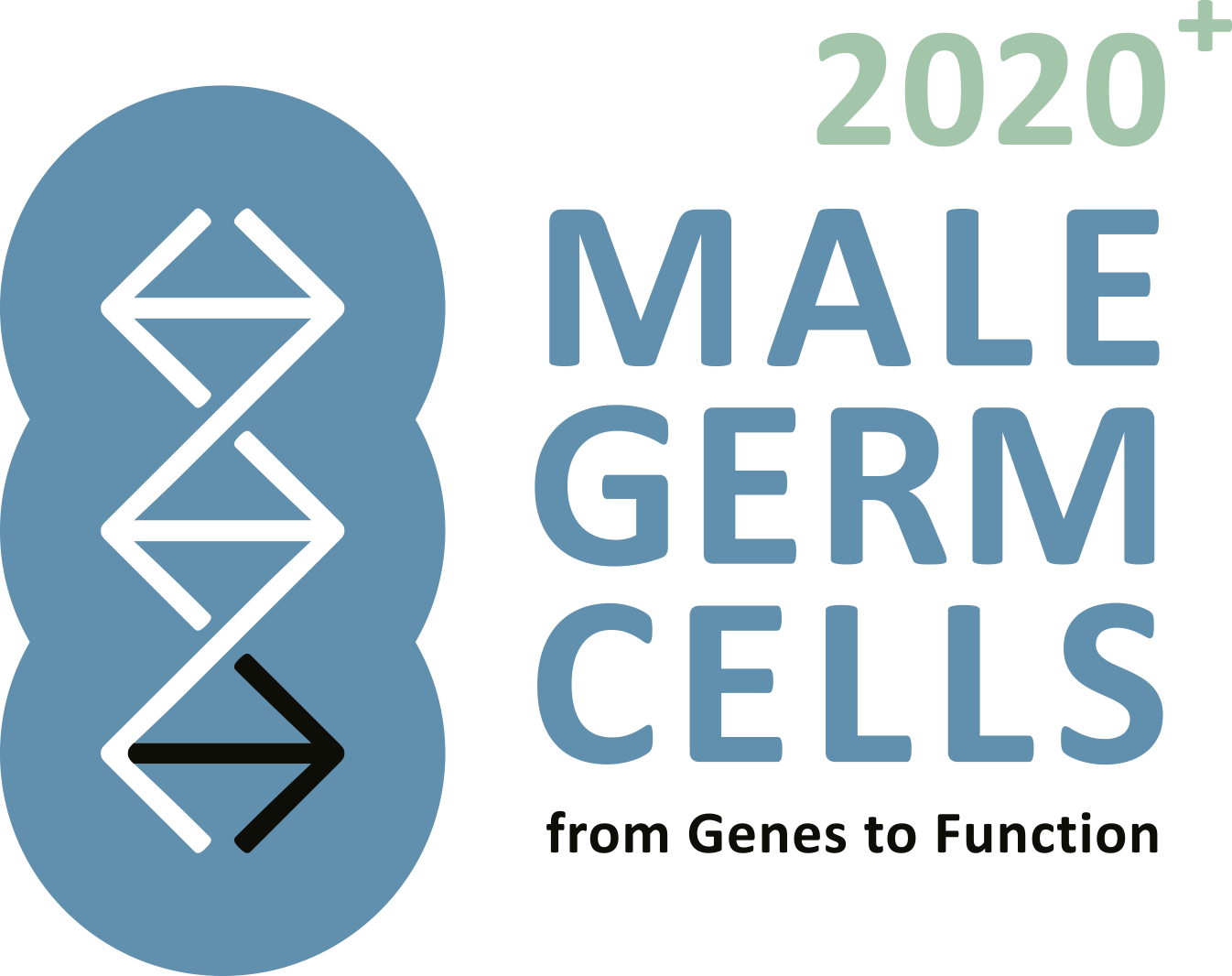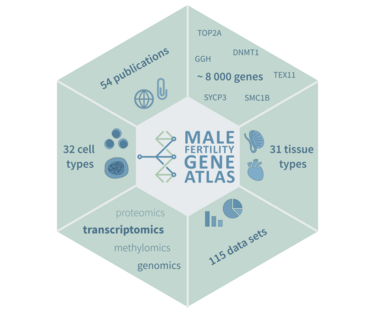Handling OMICs data with the Male Infertility Gene Atlas (MFGA)
In the past years, a growing number of studies have been published on the genetics and epigenetics of male infertility that used a broad range of genomic technologies. Often, researchers give extensive insight into their findings by providing supplementary data or even access to their raw data. Theoretically, this enables other researchers to validate those findings or interpret their own results in a broader context. In practice, however, the findability and reusability of this vast set of information are limited. To date, there is no public resource for the field of male infertility that enables clinicians and researchers alike to easily access a comprehensive overview of recent findings.
Besides, and instead of being accessible through a specified tool, literature research on male infertility relies mainly on general search engines for scientific publications such as PubMed or Google Scholar. These engines can be employed to search for information based on keywords of interest, e.g. gene names in combination with specific conditions. However, if the required information can only be found in a supplementary table or figure, searches are unable to mark the corresponding publication as relevant.
To address this need specifically for the reproductive sciences and in order to offer a public platform that provides access to a comprehensive overview of research results in the field of epi-/genetics of male infertility and germ cells, Krenz et al. designed, developed, and now introduce the publicly available Male Fertility Gene Atlas (MFGA). Its objective is to provide fast, simple, and straightforward access to aggregated analysis results of relevant publications, namely by answering questions like ‘What is known about the gene STAG3 in the context of male infertility?’ or ‘Which genes have been identified to be associated with azoospermia?’. To this end, we created an advanced search interface as well as comprehensive overviews and visualizations of the publications and search results.
The MFGA is freely available online and to date, 115 data sets corresponding to 54 manually curated publications are integrated including study data for 31 different tissue types, 32 cell types and 20 specific conditions. Also, ∼8000 and ∼1000 distinct genes have been found to be mentioned in at least 10 / 15 of the publications, respectively. In summary, the technical implementation of the MFGA allows for accommodating a wide range of heterogeneous data from aggregated research results. This implementation can be transferred to other diseases to establish comparable systems and generally support research in the medical field. Read more about its establishment in our newest publication, which was also featured in ESHRE's latest newsletter reaching over 8 000 clinicians and scientists!



